Why Your Interview Research Matters
Why Your Interview Research Matters
Too often, candidates focus all their energy on how they will answer questions - but forget that strong candidates also ‘ask the right ones’.
An interview isn’t an interrogation. It’s a two-way conversation designed to assess if there’s a mutual fit. As much as you’re being considered for the role, you’re also assessing whether the organisation aligns with your own values, goals and leadership style.
That’s where your preparation comes in. Before the interview, take time to research the organisation thoroughly: its mission, recent news, strategic priorities, and performance. If you know in advance who you’ll be meeting, look into their background too. What can you learn about their leadership style or areas of focus? What connections or shared experiences might shape the conversation? Do they come up on a Google search and what’s the context - just keep piecing together information!
This level of preparation doesn’t just help you answer questions more meaningfully. It also enables you to ask questions that show insight, curiosity and alignment. Thoughtful, well-placed questions demonstrate your commercial awareness and also signal genuine interest in the opportunity.
And make no mistake, if you don’t ask questions, it will be noticed. Interviewers may interpret a lack of questions as disinterest, or worse, a lack of preparation. It can suggest that you didn’t take the time to understand the organisation or engage with the discussion during the interview itself.
As a senior candidate, the questions you ask carry weight. Use them to explore the culture, leadership, expectations, and challenges of the role. This not only positions you as engaged and informed, it gives you the insight you need to make the right decision for you.
One of the most common misconceptions about interviews is that they’re designed to test or catch you out. They’re not. A good interview should feel like a professional dialogue. It’s a chance to explore whether the organisation is a good fit for you, just as much as whether you’re right for the role.
Your preparation plays a vital role in making this a meaningful conversation. Research the organisation in advance. Not just what they do, but how they position themselves in the market, their recent developments, and their strategic direction. If you know who you’ll be meeting, look into their background too.
This kind of research isn’t just helpful for answering questions. It equips you to ask informed, relevant questions that show you’ve done your homework. And it’s noticed.
When candidates don’t ask questions, or ask only surface-level ones, it can raise concerns. It might suggest a lack of genuine interest, poor preparation, or limited understanding of the organisation. In a competitive field, those impressions matter.
Hiring Managers are looking for candidates who are engaged, commercially aware and genuinely curious. Intelligent questions signal that you’re thinking beyond the job description, that you’re considering ideas of you how you would contribute, collaborate and lead in the role.
12 Questions you can choose from to ask at interview:
What are the key priorities for this role in the first six to twelve months?
What’s the biggest challenge facing the team or department right now?
How would you describe the organisation’s culture – and how has it evolved in recent years?
How does the senior leadership team engage with wider staff and stakeholders?
What are the key qualities you believe someone needs to thrive here?
How do you support leadership development and continuous professional growth at this level?
How has the organisation responded to recent changes in the sector or market?
What do you see as the biggest opportunity for this organisation in the next 12–24 months?
Can you describe how success is celebrated or recognised here?
Is there anything we’ve discussed today that gives you concerns about my suitability for this role or that you’d like me to expand on
Can I ask how long the role has been open, and whether there’s been any interim support in the meantime
Is this a newly created role, or are you looking to replace someone? If it’s the latter, would you be happy to share a bit about the context behind that?
10 Questions to prepare for:
Can you talk me through your leadership approach and how you adapt it across different teams or situations?
What have been your most significant achievements in your recent roles, and what impact did they have?
How do you handle resistance to change, especially when leading strategic transformation?
Tell me about a time you had to make a difficult decision with limited information – what was the outcome?
How do you build trust and credibility quickly when joining a new organisation or team?
What would your previous colleagues or direct reports say it’s like to work with you?
How do you balance strategic thinking with day-to-day operational demands?
What do you look for in a team, and how do you develop leadership capacity in others?
What attracts you to this opportunity, and how do you see yourself adding value here?
What are your long-term career goals, and how does this role align with them?
Anticipate probes into any gaps in your career history and have smooth
Round off the meeting with a thank you for seeing me - and when may I expect to hear from you.

